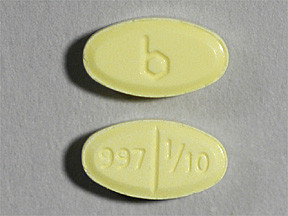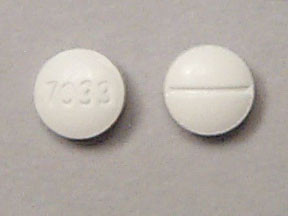FLUDROCORTISONE - ORAL
PHONETIC PRONUNCIATION: (FLOO-droe-KOR-ti-sone)
COMMON BRAND NAME(S): Florinef
GENERIC NAME(S): fludrocortisone acetate
Uses
USES: Fludrocortisone is a man-made form of a natural substance (glucocorticoid) made by the body. It is used along with other medications (e.g., hydrocortisone) to treat low glucocorticoid levels caused by disease of the adrenal gland (e.g., Addison's disease, adrenocortical insufficiency, salt-losing adrenogenital syndrome). Glucocorticoids are needed in many ways for the body to function well. They are important for salt and water balance and keeping blood pressure normal. They are also needed to break down carbohydrates in your diet.
How to use FLUDROCORTISONE - ORAL
HOW TO USE: Take this medication by mouth with or without food, usually once daily or as directed by your doctor. Your doctor will adjust your dose to the one that is best for you. The dosage is based on your medical condition and response to therapy. In order to get the most benefit from this medication, follow the dosing schedule carefully, and take this medication exactly as prescribed. To help you remember, take it at the same time each day. If you are taking this medication on another schedule besides every day (e.g., only 3 days a week), it may help to mark your calendar with a reminder. Do not increase or decrease your dose, take this drug more often, or stop taking this medication without your doctor's approval. Some conditions may become worse when the drug is suddenly stopped. Your dose may need to be gradually decreased. Inform your doctor if your condition persists or worsens.
Side Effects
Precautions
Interactions
Overdose
Images

- color
- yellow
- shape
- oblong
- imprint
- b, 997 1/10

- color
- yellow
- shape
- oblong
- imprint
- b, 997 1/10
Reviews
Faq for FLUDROCORTISONE - ORAL
Fludrocortisone is an oral medication that belongs to a class of drugs called corticosteroids. It is primarily used to replace certain hormones in the body that are not produced in sufficient amounts, such as aldosterone. This hormone helps control the balance of fluids and electrolytes in the body.
Fludrocortisone is typically taken orally, usually once a day. It is important to follow the dosage instructions provided by your doctor. You may need to take it with food to avoid stomach upset, and it is generally recommended to take it at the same time each day.
Common side effects of Fludrocortisone may include stomach upset, headache, dizziness, and increased thirst or urination. It is essential to inform your doctor if you experience any severe side effects such as swelling, rapid weight gain, or signs of infection.
No, you should not stop taking Fludrocortisone abruptly without consulting your doctor. Abruptly discontinuing this medication can lead to adrenal insufficiency, which can cause serious health complications. Your doctor will provide guidance on how to gradually decrease your dosage if necessary.
Fludrocortisone may interact with certain medications, including but not limited to medications for high blood pressure, nonsteroidal anti-inflammatory drugs (NSAIDs), and corticosteroids. It is important to inform your doctor or pharmacist about all the medications you are currently taking to avoid any potential interactions.
It is important to consult your doctor before taking Fludrocortisone if you are pregnant, planning to become pregnant, or currently breastfeeding. Your doctor will weigh the potential risks and benefits and determine if it is safe for you to take this medication.
The onset of action of Fludrocortisone may vary depending on the individual and the condition being treated. It may take several days or weeks before you notice the full benefits of this medication. It is important to continue taking it as prescribed and not to adjust the dosage without consulting your doctor.
Disclaimer
IMPORTANT: HOW TO USE THIS INFORMATION: This is a summary and does NOT have all possible information about this product. This information does not assure that this product is safe, effective, or appropriate for you. This information is not individual medical advice and does not substitute for the advice of your health care professional. Always ask your health care professional for complete information about this product and your specific health needs.

No Reviews Yet